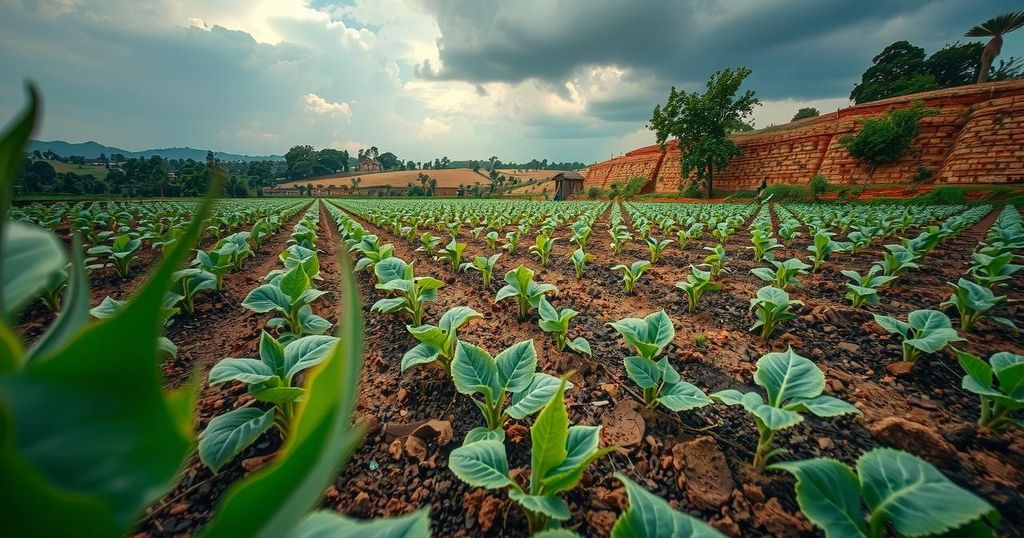Zimbabwe Farmers Turn to Maggot Farming for Sustainable Livelihoods
Farmers in Zimbabwe are embracing maggot farming as a sustainable and cost-effective solution to drought-induced agricultural challenges. Initially met with skepticism due to health concerns, the practice is now recognized for its potential to produce high-protein livestock feed and reduce environmental waste. Pioneers like Mari Choumumba exemplify how maggot farming can be both a profitable venture and an innovative response to climate adversity.
In southeastern Zimbabwe, farmers in Nyangambe are turning to maggot farming as an innovative solution to combat the impacts of drought that have devastated traditional crops like corn. Initially met with skepticism due to the association of maggots with poor sanitation and disease, particularly cholera, these farmers are now embracing the practice, which not only provides cost-effective feed for their poultry but also addresses environmental waste issues. Mari Choumumba, a pioneer in maggot farming, has successfully transformed what was once seen as a repulsive venture into a profitable and sustainable farming practice. By feeding black soldier fly larvae with organic waste, farmers can significantly reduce the costs of animal feed, which currently constitutes a large expense in poultry farming. With a reduction in production costs by about 40% and the potential for substantial income through the sale of chicken products, maggot farming is proving to be a viable livelihood amidst climate challenges.
The global food crisis exacerbated by climate change has led many farmers in Zimbabwe to explore alternative agricultural practices to sustain their livelihoods. Traditional crops have been consistently threatened by recurrent droughts, leading to the exploration of unconventional methods, such as maggot farming. The black soldier fly, utilized in this practice, thrives on organic waste and provides high-protein feed for livestock. The government, in collaboration with organizations like USAID, has promoted this farming method as a response to the dire agricultural circumstances in the region, with evidence of successful implementation in various African nations.
Maggot farming represents an innovative adaptation strategy for Zimbabwean farmers facing severe climatic challenges. By converting organic waste into a valuable protein source for livestock, farmers like Mari Choumumba are not only managing to cut feed costs significantly but are also contributing positively to environmental sustainability. The increasing acceptance of maggot farming is a testament to the resilience and ingenuity of communities who, in the face of adversity, are discovering profitable avenues to secure their livelihoods and contribute to food security within their regions.
Original Source: apnews.com




Post Comment